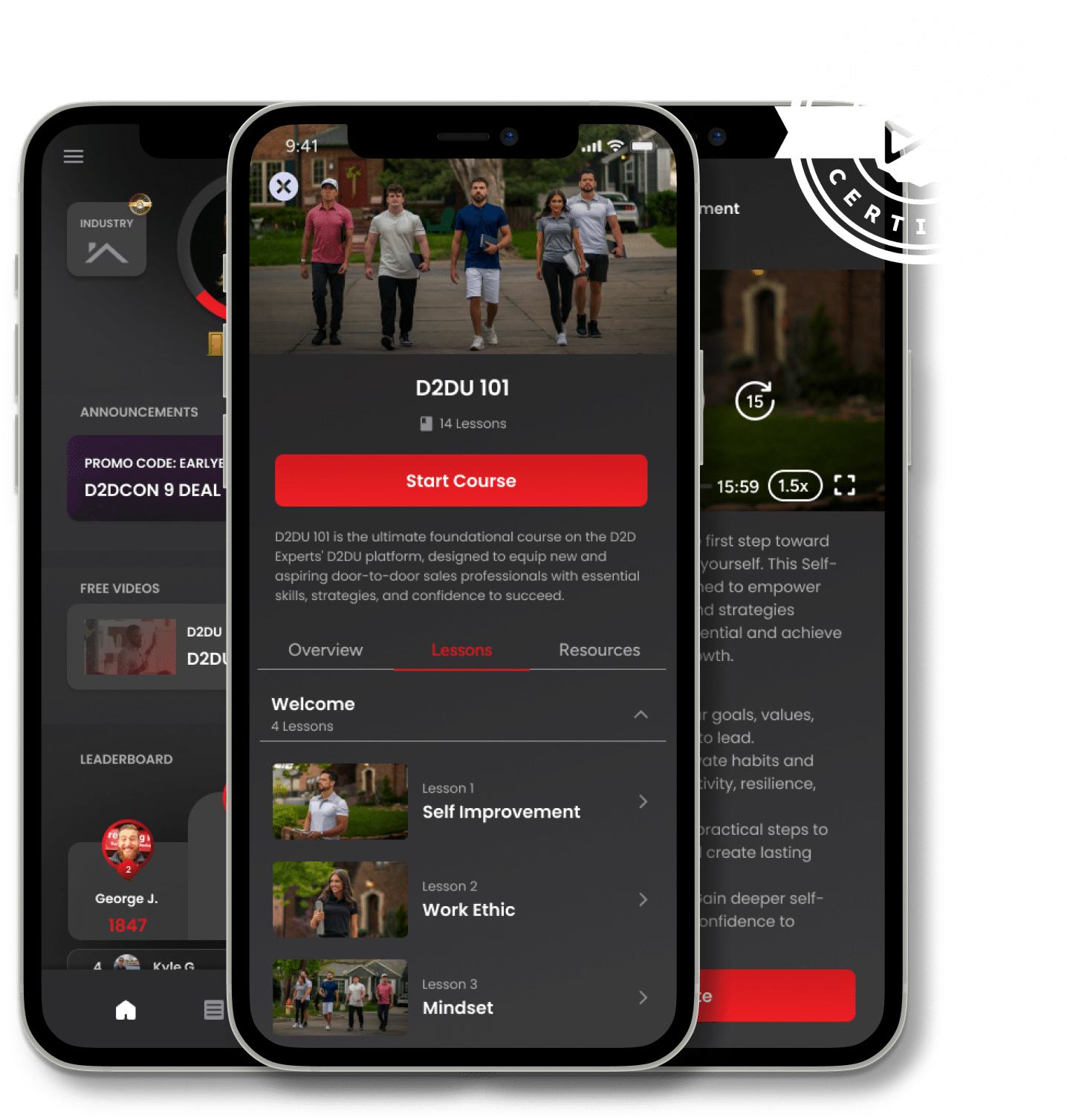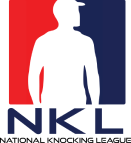Conquer Any Sales Objection
Go Beyond Smokescreens with Advanced Handling Techniques

Let’s break down the three most common smokescreen objections based on one of my trainings.
What Does “Smokescreen” Mean in Sales: Understanding the Nature of Smokescreen Objections
A smokescreen objection is a customer’s way of putting up a front to avoid making a decision. It’s a defensive mechanism often surfaces when the customer is interested but has reservations or uncertainties they may not fully articulate. Instead of directly expressing their concerns, they throw out objections such as “I need to get more bids” or “I need to think about it.” These responses are often not the real issue but rather a way to avoid committing immediately.
Selective Hearing: Decoding the Objection
The key to handling smokescreen objections lies in selective hearing. As a salesperson, you need to differentiate between a true objection and one that’s merely a smokescreen. When a customer says, “I need to get three more bids,” you need to interpret it as, “I’m not convinced yet,” rather than hearing it as an outright rejection.
- Interpret the real meaning: Don’t take their words at face value. Instead of hearing “no,” interpret it as a sign that more convincing is required.
- Stay persistent: Keep the conversation going until the customer clearly says “NO.” Don’t let smokescreen objections halt the process prematurely.

Handling Common Smokescreen Objections
1. “I Need to Get More Bids”
This is among the most common smokescreen objections in sales, particularly in industries like roofing or home improvement. Customers may say they need to shop around for more bids before deciding. However, this often signals uncertainty rather than a genuine need for comparison.
How to Respond
- Micro-validate their concern: Acknowledge their request lightly without giving it too much weight. You might say, “Sure, I understand,” but continue with your pitch.
- Offer a solution that removes the need for more bids: For example, “So what you’re asking is for me to show you why you don’t need to get three more bids. Let me explain how we can handle everything efficiently and save you time.”
2. “I Need to Talk to My Spouse”
This objection is another classic smokescreen. Often, the customer is hesitant to commit but feels uncomfortable directly refusing your offer. Instead, they shift the decision to someone else.
How to Respond
- Acknowledge but continue: “I understand, but I’m sure your spouse would agree that making this decision today could save you both a lot of time and effort. Let’s review the main benefits again to ensure they’re on board.”
- Provide options: “We could always revisit this conversation with your spouse, or I can equip you with everything you need to present this to them confidently.”
3. “I Can’t Afford It”
While budget constraints can be legitimate, they’re often used as a deflection tactic. This objection might express doubt about the value being offered.
How to Respond:
- Shift focus to value: “I hear you, but the real question is, can you afford not to make this investment? Let’s discuss the long-term savings you’ll get from this service.”
- Offer financing options: “If cost is the main concern, we can work on a flexible payment plan that fits your budget.”
The Power of Micro-Validation
Microvalidation is one of the most effective techniques for overcoming smokescreen objections.
When you give too much weight to a smokescreen objection, you amplify the customer’s concern.
However, you need to acknowledge their words by lightly validating their objection while refocusing the conversation.
Examples of Micro-Validation:
- “Sure, I hear you.”
- “Absolutely, that’s a common concern.”
- “Of course, many of our customers start there too.”
The goal is to acknowledge the objection without allowing it to derail your sales process. By doing so, you’re showing empathy while keeping the conversation moving forward.
Navigating Objection Bouncing
Objection bouncing occurs when customers continually change their objections to end the conversation. They might start with “I’m not interested,” shift to “I can’t afford it,” and then throw in “I need to talk to my spouse.”
These smokescreens are designed to disengage from the sales process, but an experienced salesperson can stay one step ahead
How to Handle Objection Bouncing:
- Identify the pattern: When objections start shifting, recognize that you’re dealing with smokescreens rather than real concerns.
- Stay calm and persistent: Each new objection is an opportunity to demonstrate your expertise and provide solutions.
- Don’t let them off the hook: Remain confident in your product or service and continue addressing each concern with micro-validation and solutions.
Recognizing Real Conditions
While smokescreen objections are often deflections, it’s crucial to distinguish them from real conditions that genuinely prevent a sale. Conditions might include:
- The customer does not have the funds and cannot qualify for financing.
- The customer rents the home and has no authority to make the purchase.
- The customer is moving soon and will not benefit from the service.
How to Handle Real Conditions:
When you encounter a true condition, it’s time to pivot. Don’t waste time trying to overcome something out of the customer’s control. Instead, refocus on building relationships for future opportunities.
Conquer Any Sales Objection
Go Beyond Smokescreens with Advanced Handling Techniques

Mastering the Sales Mindset: Keep Your Objective Stronger Than Their Objection

Smokescreen objections are an unavoidable part of the sales process. However, they don’t have to derail your success. By recognizing the difference between a genuine objection and a smokescreen, you can stay in control of the conversation and guide your customers toward the decision to buy. With techniques like micro-validation and selective hearing, you can easily navigate these challenges and close more deals.
Maintaining a stronger objective than the customer’s objection is the key to overcoming smokescreen objections. As long as they haven’t explicitly said “no,” the sale is still alive. Continue driving the conversation with confidence and persistence.
In a nutshell:
- Selective hearing is essential. Don’t take smokescreens at face value; listen for what the customer is saying.
- Micro-validate lightly: Acknowledge the objection without giving it too much weight.
- Stay poised under pressure: Like a quarterback in a blitz, focus on the bigger picture, not the immediate distractions.
- Identify real conditions: Know when an objection is a genuine roadblock and just a smokescreen.
- Keep your objective clear: Until you hear a definitive “no,” assume the sale is still in play.
I knocked doors since I was 11! Never bought into the whole hourly normal job, and used direct sales to be the vehicle to create MASSIVE success. I Started the Direct Sales division for Solcius as their VP building it up to have 70+ sales reps nation wide. In 2018 I left to pursue a greater mission to unify and uplevel the Door to Door industry and founded the D2D Experts.























